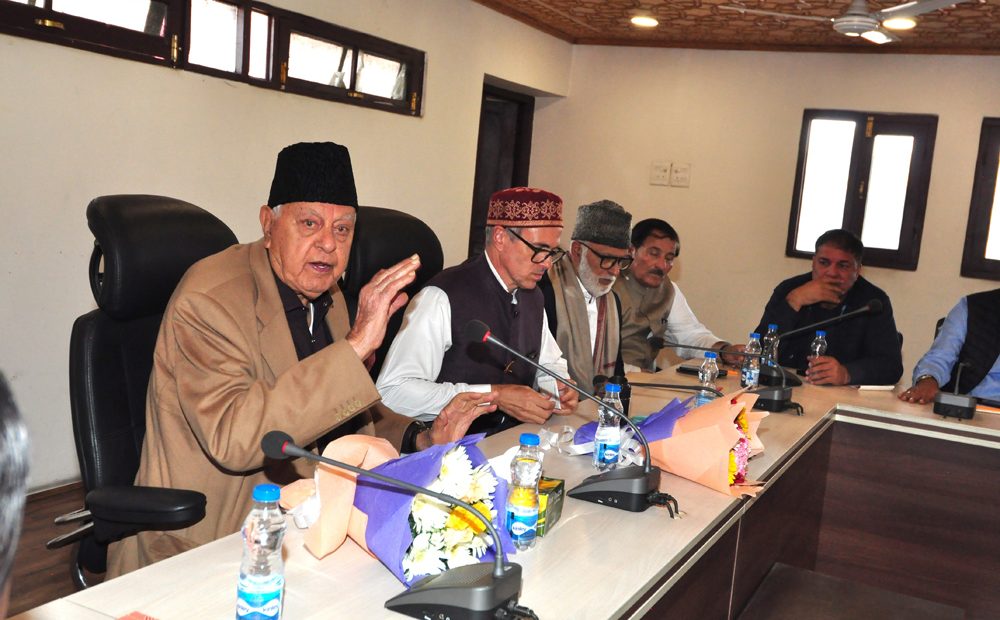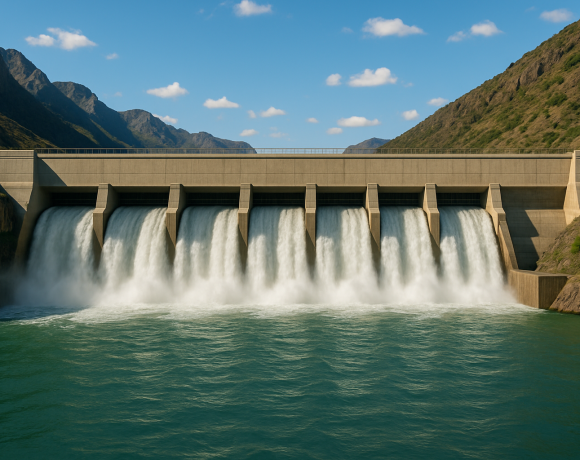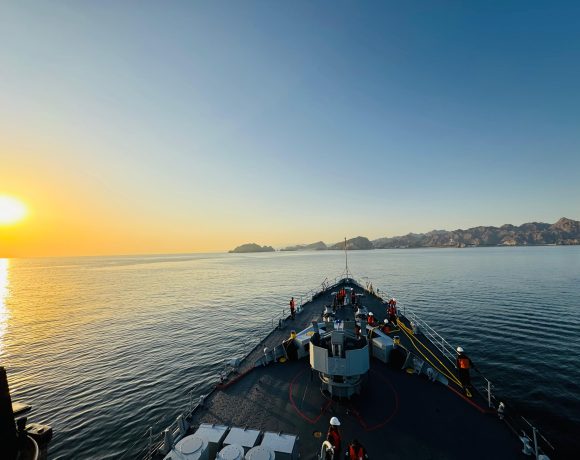
President’s Rule Revoked in J&K, Paving Way for New Government
In a historic development for Jammu and Kashmir, President’s rule has officially been revoked following the first elections in the region since 2014. This comes after the collapse of the PDP-BJP alliance in June 2018 and the subsequent imposition of President’s rule.
The elections, held in three phases between September 18 and October 1, mark a significant milestone, as they are the first since the revocation of J&K’s semi-autonomous status under Article 370 in August 2019.
NC-Congress Coalition Secures Majority
The Jammu and Kashmir National Conference (NC) emerged as the largest party, winning 42 seats in the 90-member assembly. The Congress, which entered a pre-poll alliance with NC, won six seats, with support from four independent MLA-elects and one Aam Aadmi Party (AAP) member. The Bharatiya Janata Party (BJP) came in second with 29 seats.
This election saw a high voter turnout, with 63.88% overall participation. The third phase alone recorded 69.69% voter turnout, reflecting strong public interest in shaping the region’s future under its new political framework as a Union Territory.
Omar Abdullah Set for Second Term as CM
Omar Abdullah, Vice President of the NC, has been unanimously elected as the leader of the NC Legislature Party, paving the way for his second term as Chief Minister. Abdullah previously served as J&K’s Chief Minister from 2009 to 2014 under an NC-Congress coalition when the region was still a full-fledged state.
Shortly after the election results, Abdullah met with Lieutenant Governor Manoj Sinha at Raj Bhavan to submit letters of support from coalition partners, including the Congress, CPI(M), AAP, and independent members. The swearing-in ceremony is expected to take place on Wednesday, subject to approval from the Home Ministry.
Transition from Central Rule
Abdullah emphasized that the transition to an elected government will take some time, as the region has been under central rule since its designation as a Union Territory. Necessary documents must first be processed by Rashtrapati Bhavan and the Home Ministry before the new government can take office. However, Abdullah remains optimistic that the process will be expedited, allowing for a smooth transition by midweek.
This development marks a significant moment in Jammu and Kashmir’s political history, as it moves toward self-governance after years of central rule.


















